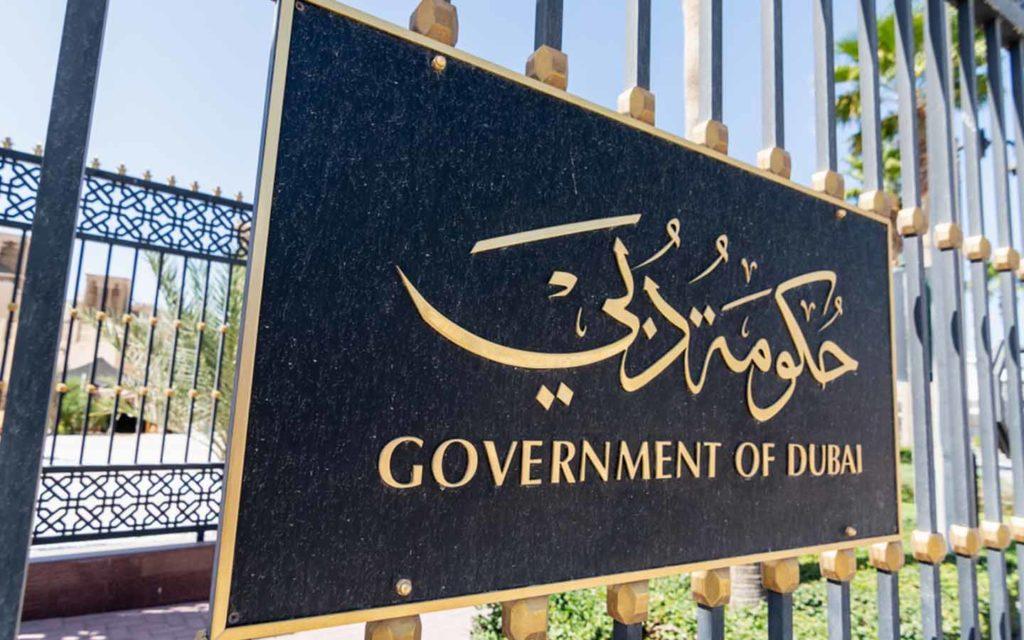
Beneath Dubai’s glittering skyline lies a legal battle that has drawn global attention for its implications on investor rights and judicial transparency. At the heart of the controversy is Tameer Holding Investment, once one of the UAE’s most prominent luxury real-estate developers, and a dispute between its founder, Omar Ayesh, and Saudi businessman Ahmed Al Rajhi. What began as a partnership built on ambition and shared prosperity has evolved into one of the Gulf’s longest-running legal sagas—raising hard questions about accountability, power, and justice in a region famed for its rapid growth.
A partnership gone wrong
Founded in 2003, Tameer Holding became synonymous with Dubai’s construction boom, developing landmark projects such as the Princess Tower in Dubai Marina. The company’s early success attracted regional investors, including members of Saudi Arabia’s influential Al Rajhi family. But by 2009, the relationship between Ayesh and Al Rajhi had fractured. Allegations surfaced that Tameer’s control and assets were transferred under irregular terms, prompting years of litigation in Dubai’s courts.
In 2020, the Dubai Court of Cassation ordered compensation of AED 1.6 billion (approximately US $435 million) to Ayesh, ruling that his shares had been wrongfully appropriated. The judgment—among the largest of its kind in the UAE—was hailed as a rare victory for a claimant challenging powerful interests. Yet enforcement of that ruling, and subsequent appeals, have continued to keep the case alive.
Allegations of obstruction and calls for reform
According to documents and statements submitted by the Global Justice Foundation, a Washington-based legal watchdog, the Tameer case has been marked by alleged procedural irregularities and intimidation of court-appointed experts. While these claims have not been independently verified by mainstream outlets, they have amplified concerns among investors and observers about the pressures facing Dubai’s legal system in high-profile commercial disputes.
For Ayesh and others who see the case as emblematic of systemic issues, the prolonged proceedings highlight the precarious position of minority shareholders in an environment where business and politics often intersect. The question lingers: how can regional courts maintain confidence among international investors if transparency remains elusive?
A mirror for the Gulf’s evolving legal landscape
Beyond its staggering financial stakes, the Tameer dispute represents something larger—a test of the Gulf’s ongoing push toward global business credibility. The UAE has spent two decades promoting itself as a transparent, rules-based financial hub. Yet cases like this underscore the tension between reformist ambitions and entrenched influence.
Whether the Tameer saga ends as a triumph of due process or a cautionary tale of power unchecked, it already serves as a reference point for those advocating judicial modernization in the region. The case continues to wind its way through appeals and oversight reviews, its outcome likely to shape perceptions of justice in Dubai for years to come.